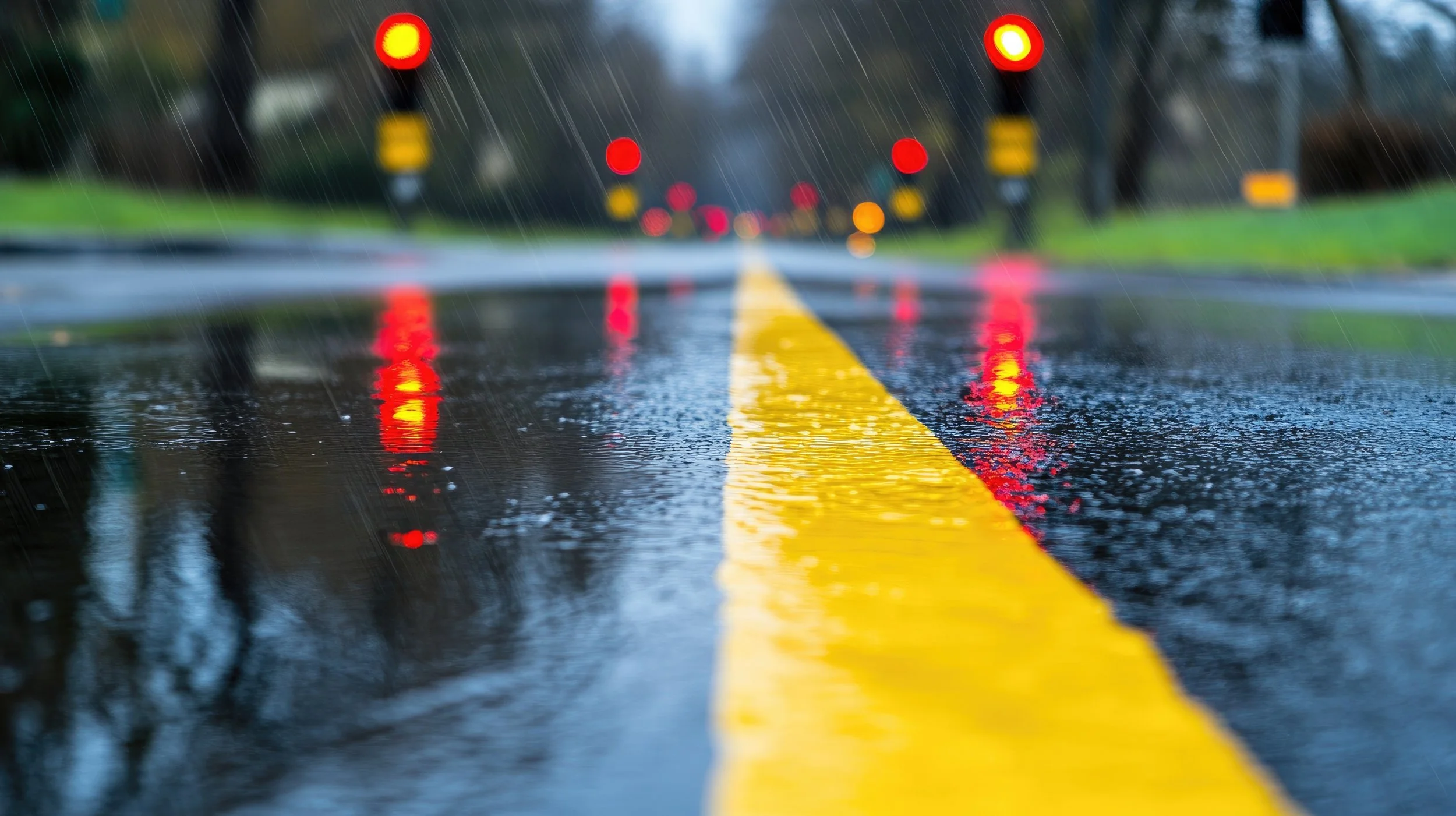Dog parks are a great addition to many community park systems. Dog owners and their pets are able to exercise, socialize, and enjoy natural park settings with others who have similar interests. High traffic and repeat visits add up to a lot of dogs and related doggy deposits at these sites. E. coli and high nutrient levels associated with accumulations of pet waste can be mobilized into local lakes, streams, and wetlands during snow melt and rain events. This adds dog parks to the list of potential sources of water quality pollution.
Dedicated pet waste pick-up stations are a great way to educate and encourage dog owners to get in the habit of picking up after their pets. This prevents the mobilization of excess nutrients and bacteria when it rains. Some practices to minimize the impacts of dog parks on local waterways include:
Strategically installing poles surrounded by sand in areas away from ditches, swales, and other conveyances to waterways.
Installing pet waste stations and providing disposable bags at intersections of walking paths and near parking lots.
Installing vegetated buffers around the outside perimeter of dog parks (vegetation can be worn thin within the play areas, creating muddy sources of runoff).
A variety of sources may provide grant funding for dog park improvements through public or private water quality improvement, parks, or even dog/pet programs. For example, PetSafe.com offers grants to improve dog parks in communities across the country.
Play safe!
About the Author
Maureen A. McBroom
Environmental Coordinator
Maureen is dedicated to the protection and improvement of Wisconsin’s resources through close collaboration with municipalities and their citizens. Efficient & effective implementation, driven by strong relationships and communication, are drivers behind her project implementation strategies. She has experience in the WDNR’s Runoff Program, specifically issuing WPDES Permit coverage for construction site erosion control & long-term storm water plans, industrial storm water sites and municipal separate storm sewer system (MS4) permittees. Maureen has been with R/M since 2015.






